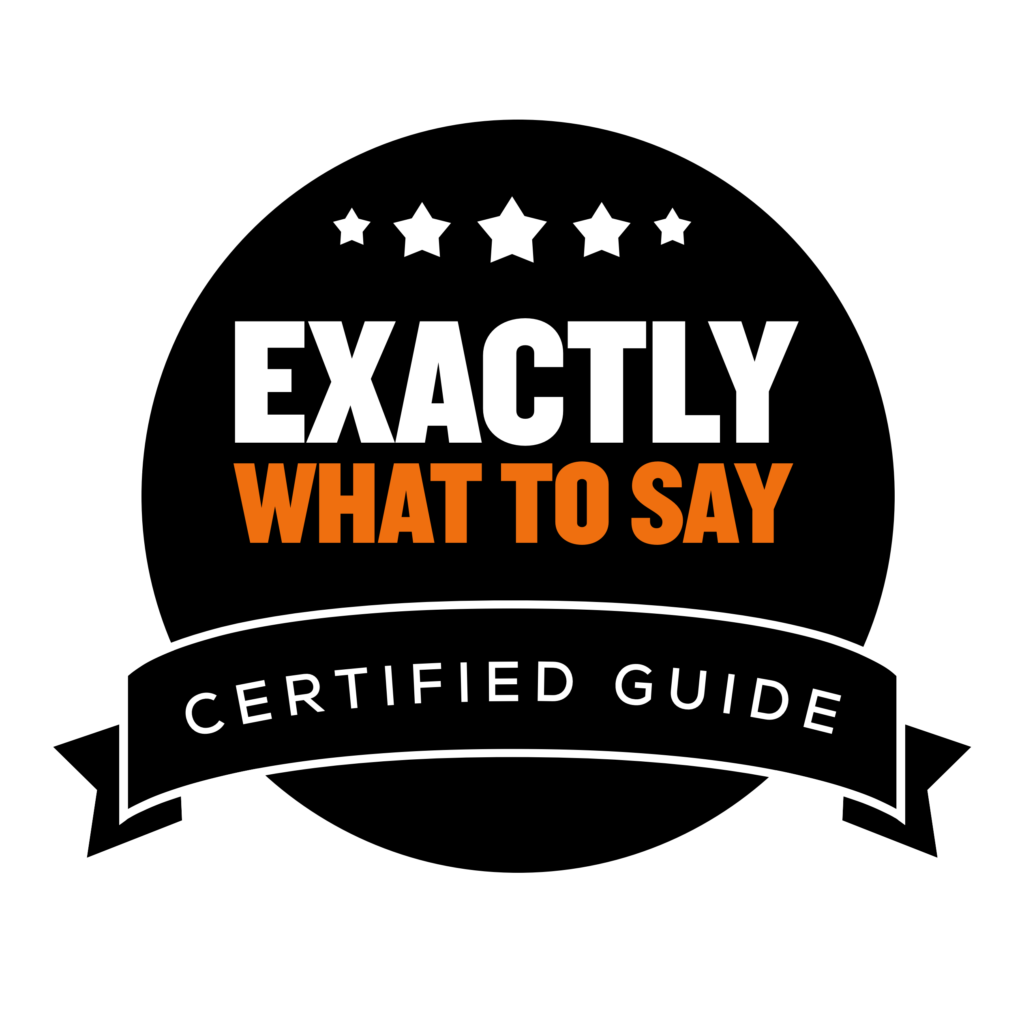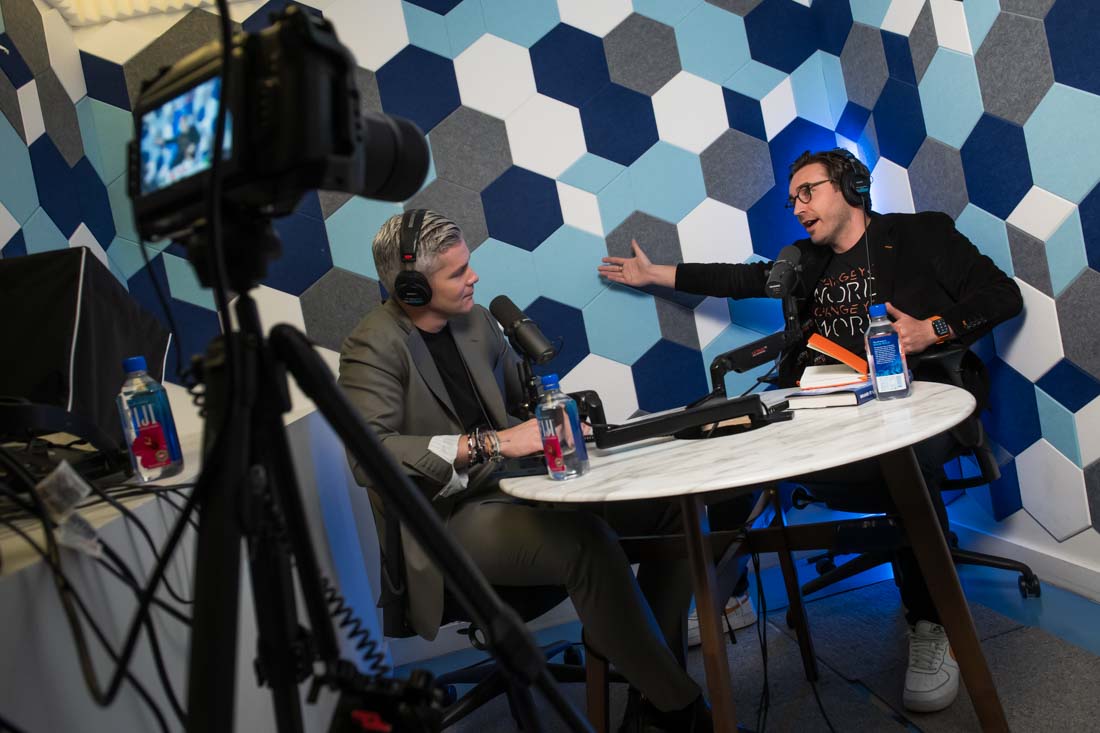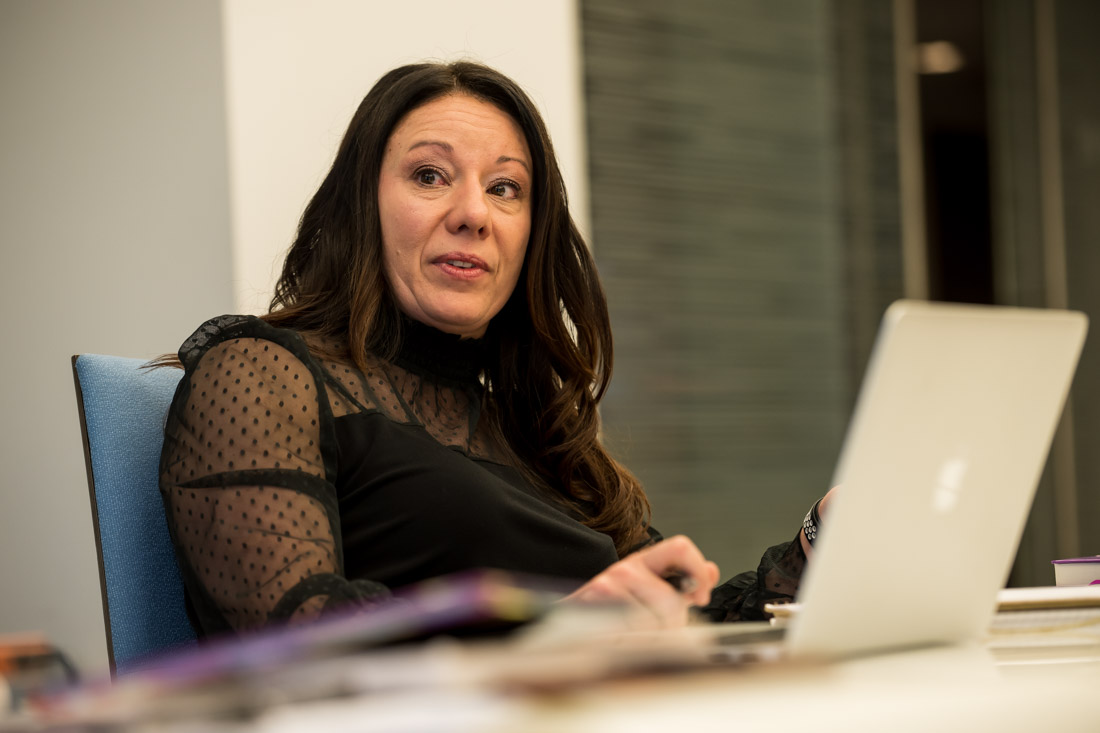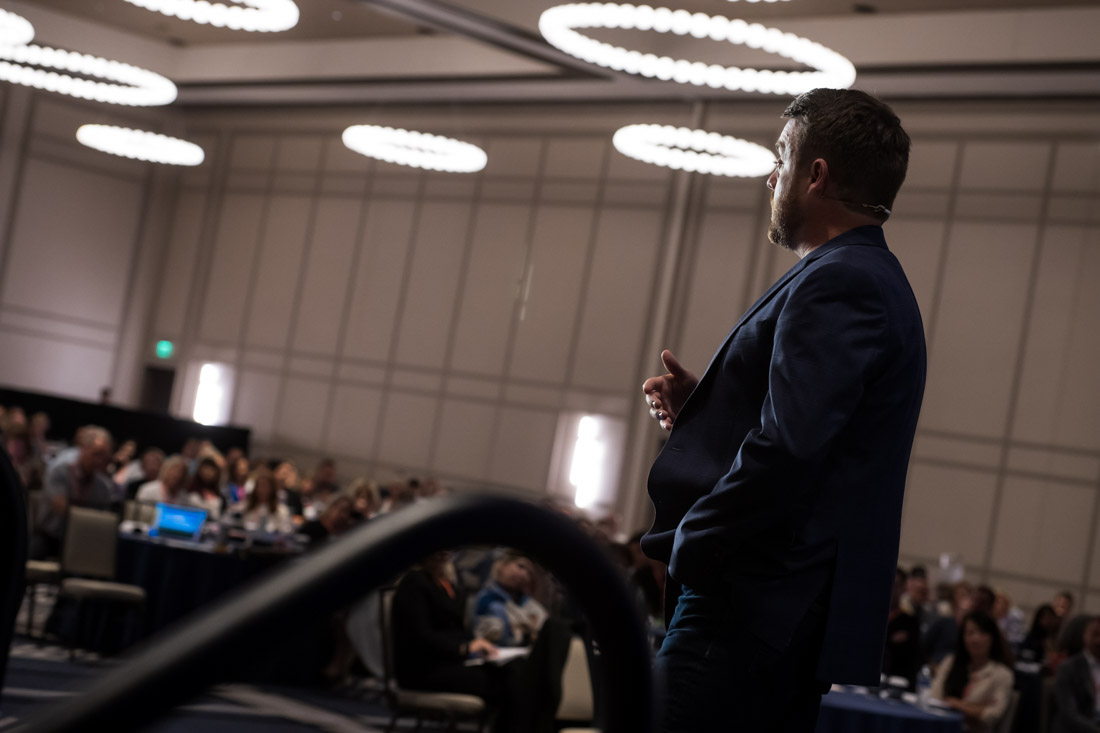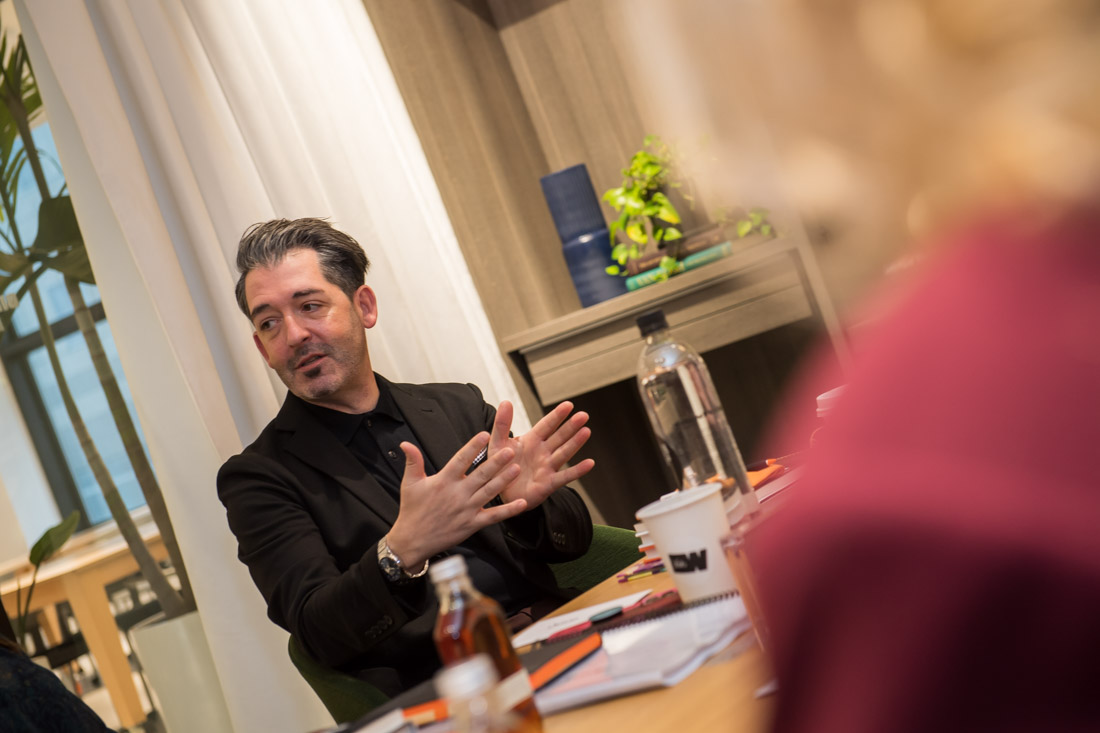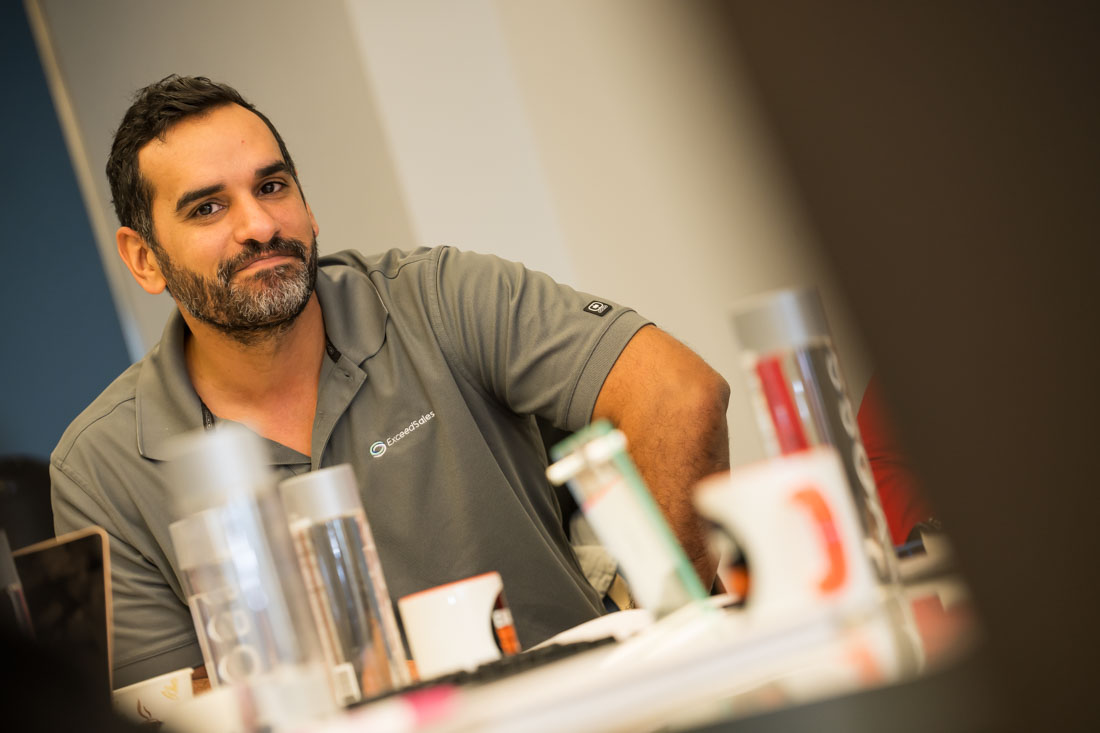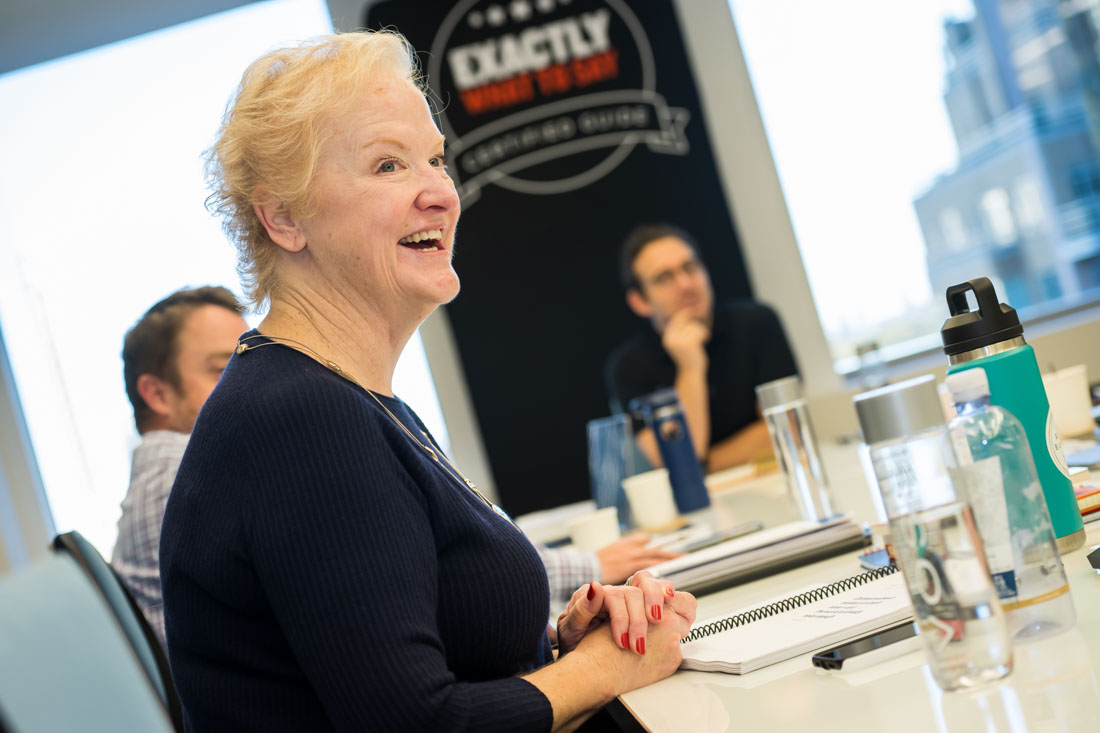EWTS Certified Guide Jodi Orgill Brown is no stranger to overcoming adversity. As a brain tumor survivor, she has undergone 15 related surgeries, with more scheduled in the future.
Jodi recently hosted one of the EWTS Critical Conversations Webinars to talk about overcoming limiting beliefs. Drawing on aspects from her real life, she put together an inspiring session with practical examples of how to talk yourself into positive action.
Here are the highlights.
Losing Your Identity?
When Jodi was diagnosed with a brain tumor, she felt like she had lost her entire identity. Going from feeling confident and unstoppable, she felt insecure and exposed.
After her surgeries, she experienced people staring and whispering when she passed, and she felt like people were laughing at her.
She thought that she knew who she was on the inside, but her physical self was compromised, and she wasn’t sure if people could see past her appearance.
Jodi doubted her worth and felt invalid.
How could she be grateful for life when she was no longer herself?
She questioned whether she could ever return to the previous version of herself, and the truth is that she wouldn’t. She was a different Jodi.
Her therapist told her that she had to mourn what she had lost, or she’ll never accept who she was now.
Sometimes, the weaker the physical body, the stronger the person is within it, and Jodi learned just how resilient she can be when faced with a life-altering situation.
Jodi is on a mission to help you see the good in yourself, even if you can’t see it yet.
True beauty is when you shine from the inside out. It is smiling on hard days and helping others when they need it.
It’s being confident and kind. It’s not about physical features; it’s about who you are on the inside.
You are beautiful.
What Are Your Challenges?
What words best describe how you feel in the middle of your biggest life challenges?
Some people might use words like scared, intimidated, and overwhelmed. Others might describe it as feeling worthless, devastated, and paralyzed.
These are all feelings that you can get stuck in, and sometimes you can feel so stuck in the moment that you don’t know how to move forward.
Jodi thought her life would quickly return to normal when she was let out of the hospital, but this is far from what happened.
Instead, she was left barely able to function or walk unaided, leaving her feeling completely lost.
How would she ever do the big stuff if she couldn’t even do the small stuff?
The word Jodi uses to describe her feelings back then was fragile.
Jodi never thought of herself as fragile and didn’t want to start now. She wanted to be the opposite of it.
She wanted to be anti-fragile.
Anti-fragility goes beyond robustness; it means that something does not merely withstand a shock but actually improves because of it.
Could it be possible that during your most challenging times, you can thrive as a result of stressors and threats?
Swing The Bat
Early on in Jodi’s recovery, a friend came over to see if she was ok. The interaction that followed helped to change her perspective and how she talked to herself.
Her friend could see through Jodi’s facade and got her to talk about how hard things were and how it was affecting Jodi’s mental well-being.
They decided to get a chair and draw a target bullseye on it. Next, Jodi had to write down all the words that best described how she was feeling.
The friend took the chair outside, gave Jodi a bat, and told her to swing it!
Jodi attacked the hell out of that chair, and for a few minutes, she felt truly empowered.
For Jodi, swinging the bat is more than just beating up a chair representing your frustration. It’s about taking control of the things that you can control and letting go of the things you can’t.
Your feelings of helplessness don’t have to overwhelm you; they don’t have to become your identity. You can take the wheel to determine your destination.
For Jodi, the bat represents the following:
B – Beliefs
A – Adapt and Respond
T – Tinker
How can you use your BAT to overcome your limiting beliefs?
How Beliefs Shape Your Experiences
What you believe is powerful. If you truly believe that you’re unstoppable, a fire ignites to get stuff done. But what if your self-beliefs are negative?
What you believe to be true will affect how you think about yourself, but you can control how you think.
What limiting thoughts do you tell yourself?
Jodi told herself she wouldn’t be able to get back into the world and had nothing to offer. She couldn’t even see herself going back to work.
Have you ever told yourself that you’re not good enough? That you don’t have enough…experience, knowledge, or talent?
Perhaps you think that you’re not smart or strong enough. How accurate are these beliefs? They are not necessarily your reality.
Could it be possible that you’re projecting your thoughts onto others and assuming that they will think the same?
These self-limiting beliefs can keep you stuck in your comfort zone and prevent you from moving forward. The good news is that there are ways that you can change your thought patterns.
Get Curious
One of the main objectives of the EWTS foundation is to be curious. For any Critical Conversation, you need to start from a point of curiosity, of trying to understand how someone is thinking and feeling.
The same is true of yourself.
How is your self-limiting belief limiting you right now?
Jodi was struggling with the idea of ever getting back out into the world. She even questioned her place within it.
Going from being very able to having some disabilities, including some physical changes, was very difficult. But she still managed to overcome it. She has found her place and is comfortable within it.
As yourself, how important is it that you release negative beliefs?
What are the consequences if you don’t?
Imagine if you stayed exactly where you are now because you didn’t release these feelings and beliefs.
If you don’t figure out a way of coping with these self-limiting beliefs, It’s a really dangerous place to be. You might find yourself getting stuck.
What might it look like if you could release some of the beliefs that are holding you back?
Where Do Limiting Beliefs Originate?
When you ask a group of people where their limiting beliefs came from, you’ll hear answers like:
- Childhood
- Trauma
- Environment
- Comparing yourself to others
- Self-talk
But what do all of these things have in common? They all stem from fear, but fear is a learned experience and can prevent you from moving forward.
Motivation is a wonderful antidote to fear; if you’re motivated to overcome your fears, you can start moving forward.
How Do You Adapt And Respond?
You’ve found your motivation, but now you can use an action plan designed to help you adapt and respond.
- Identify The Limiting Beliefs – Firstly, you need to identify them, which is usually quite easy.
- Assess Their Accuracy – Once you know them, assess their accuracy. Most of the time, they are not based on reality. How certain are you that you won’t get that promotion? Or that you can’t write a book? Question yourself to create a little room for doubt to allow a perspective change in your self-limiting beliefs.
- Simple Swaps – This means changing the way that you talk to yourself. You could questions like Could it be possible? Or When was the last time? Because they can help you start to imagine alternative possibilities and remind you of the things that you are capable of.
Another way to change the way that you talk to yourself is to use Simple Swaps. Use more positive language to talk to yourself to quiet negative thoughts, such as changing “if” to “when.”
A “problem” could become a “challenge,” “difficult” can be “possible,” and “haven’t/can’t” can become “haven’t/ can’t YET.”
- Forgive Yourself For Messing Up – Something that could have gone wrong in the past can be reframed into something more positive. For example, now you have gained more experience from that thing that didn’t go quite as planned.
- Track Your Wins – Keep a record of the things that you’ve done and achieved, Seeing what you’re capable of in hard copy is incredibly reaffirming and is proof that you can trust yourself.
- Keep Trying – No matter what, if you keep trying, you will continue to grow, and success will follow. Jodi likes to use affirmations to keep her motivated, recording them and playing them to herself daily.
Tinker - Outwork Weakness
When everything around you tanks, you can either hold your breath and hope you make it or start swimming.
Early Jodi felt that she could conquer the world with ease. She would also tell you that she had no weaknesses. This was because her self-belief was strong; if she needed to, she would conquer any challenge.
The current Jodi realizes that she has all sorts of weaknesses and that she is not necessarily going to overcome them all. Some of her weaknesses cause real day-to-day issues, so because of this, she has to create practical ways to overcome them.
Jodi can struggle with dizziness when standing up or standing still for too long. This is a genuine issue that she has to manage as a professional speaker, but it is one that can be given a genuine solution.
When Jodi speaks, she ensures that she has a podium available on stage for her to lean on if needed. Most of the time, she’s fine, but it feels good to know that a practical solution is available should she need it.
Are there things that you could implement to help you outwork your weaknesses?
Can you, too, camouflage your weakness by integrating a solution into your daily practice?
Bonus T - Your Tribe
Have you ever had times when you’ve felt stuck, but your tribe has been able to help?
Those times when you can work with your tribe to outwork your weakness make you feel invincible.
The right people in your life will help you to change how you talk to yourself and overcome your self-limiting beliefs.
Surround yourself with the best people, and they can protect you, help you to become better, and give you reasons to keep going.
This blog was part of a series of EWTS Critical Conversations Webinars, and if you want to experience the full webinar experience, you should sign up to hear what is coming up in the series.


